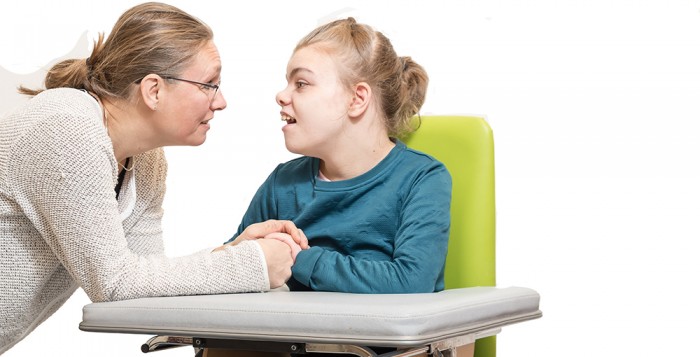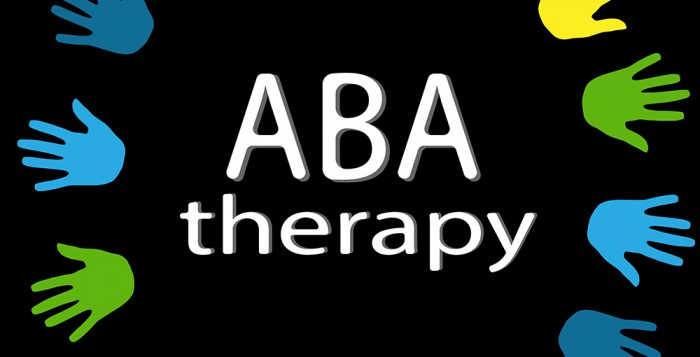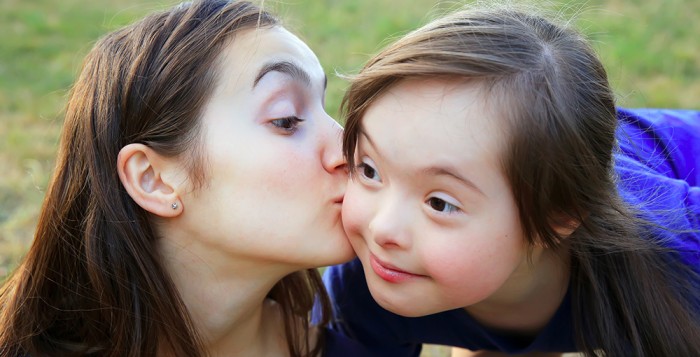Last week, the Department of Human Services (DHS) Bureau of Children’s Behavioral Health, Bureau of Policy, Planning and Program, and Bureau of Autism Services, convened the Behavioral Health Rehabilitation Services (BHRS) Regulation Work Group. More than 60 managed care, advocacy, and community provider organizations attended, including a strong representation from RCPA autism and general BHRS provider organizations. Initial discussions ranged from a possible name change for BHRS to the regulations that will reflect the federal and state standards for the unique array of services currently included as BHRS for children with a severe emotional disturbance, as well as children with autism.
Work group members have begun to provide DHS with comments and suggestions. Subgroup meetings/conference calls are now being scheduled for early June, when discussions related to service array and evidence-based practices will be the first areas addressed. The determination of the service array is expected to impact broader discussion related to the other key areas.
OMHSAS Leadership to Attend Children’s Committee Meeting
The directors of the Bureau of Children’s Behavioral Health, and Bureau of Policy, Planning and Program will be attending the June 8 RCPA Children’s Committee meeting/webcast, to review and discuss the status of the work group, as well as other important OMHSAS initiatives. In addition to the Children’s Committee meeting, RCPA will provide regular updates on the OMHSAS BHRS Regulation Work Group and seek member input to inform the work group process.
















